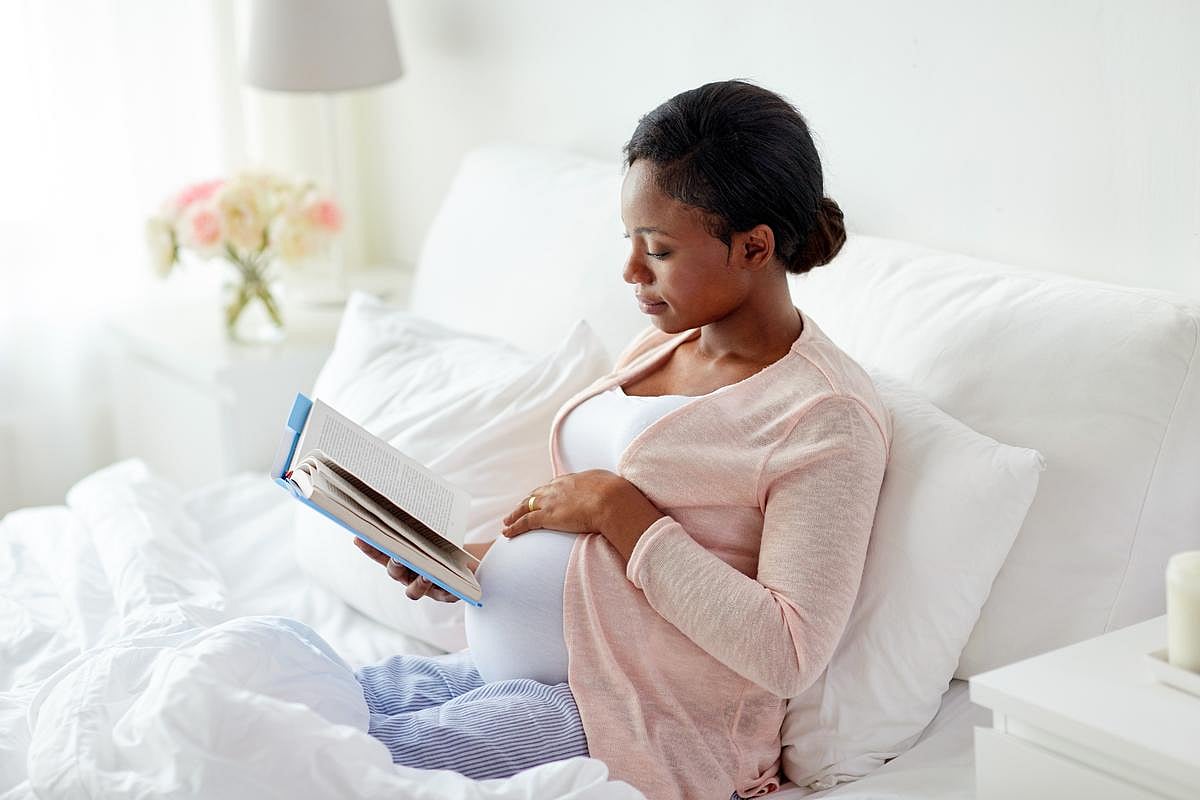Get Healthy!

- Posted October 7, 2025
Babies More Likely To Die If Mother Passes During Or After Pregnancy
Protecting newborns' lives starts with protecting the health of an expecting mother, a new study says.
Infants are 14 to 22 times more likely to die if their mother dies during pregnancy or just after delivering a newborn, researchers reported recently in the journal Obstetrics & Gynecology.
“If we want to protect infant health, the first step is to recognize the shared health outcomes between mothers and their infants,” said lead researcher Eugene Declercq, a professor of community health sciences at Boston University School of Public Health.
“Improving women’s health is a worthy goal in itself, but this research reminds us that healthier mothers are also the foundation for protecting the health of their infants and, ultimately, their families,” Declercq said in a news release.
For the new study, researchers tracked more than 1.6 million live births that occurred in Massachusetts between 1999 and 2020. Among them, there were 474 pregnancy-related deaths.
The infant death rate was more than 14 times higher when a mother died during pregnancy or following delivery, researchers found.
Infants’ death rate increased higher if maternal deaths occurred following severe health problems during pregnancy. In those cases, infants’ death rate was 22 times greater.
Even babies born at term who survived their mother’s pregnancy-related death were still 35% more likely to be hospitalized within their first year of life, results showed.
The overall pregnancy-associated maternal death rate in Massachusetts was more than 29 deaths per 100,000 live births.
When moms died, the infant death rate was 55 for every 1,000 live births, researchers found.
The infant death rate rose to nearly 88 deaths per 1,000 live births if a mother died after suffering a pregnancy-related health problem like kidney failure, high blood pressure, eclampsia or sepsis.
And these results might actually be sunny compared to the rest of the nation, researchers said. During this period, Massachusetts had the lowest infant death rate in the U.S.
These results come during a politically motivated push to reduce or eliminate maternal mortality review committees operating in some states where mothers’ death rates are higher, researchers said.
Georgia, Texas and Arkansas all have taken steps to limit their review committees, to prevent review of how abortion bans or Medicaid policies might affect the maternal death rate, Stateline reports.
The U.S. currently has the highest maternal death rate of any developed nation, with more than 22 deaths for every 100,000 live births in 2022, according to the Commonwealth Fund.
By comparison, New Zealand has nearly 14 deaths per 100,000 live births, Canada more than 8 per 100,000, France more than 7 per 100,000, the U.K. fewer than 6 per 100,000 and Germany, Austria and Japan fewer than 4 per 100,000.
“Pregnancy-associated death is a tragedy in and of itself, but its consequences can extend to a family and community,” the research team concluded in its paper.
“This research suggests the need to broaden the scope of the U.S. maternal mortality crisis to emphasize the importance of protecting maternal health to preserve infant health,” researchers wrote.
More information
The Commonwealth Fund has more on the U.S. maternal mortality crisis.
SOURCES: Boston University, news release, Sept. 26, 2025; Obstetrics & Gynecology, journal, Sept. 25, 2025




